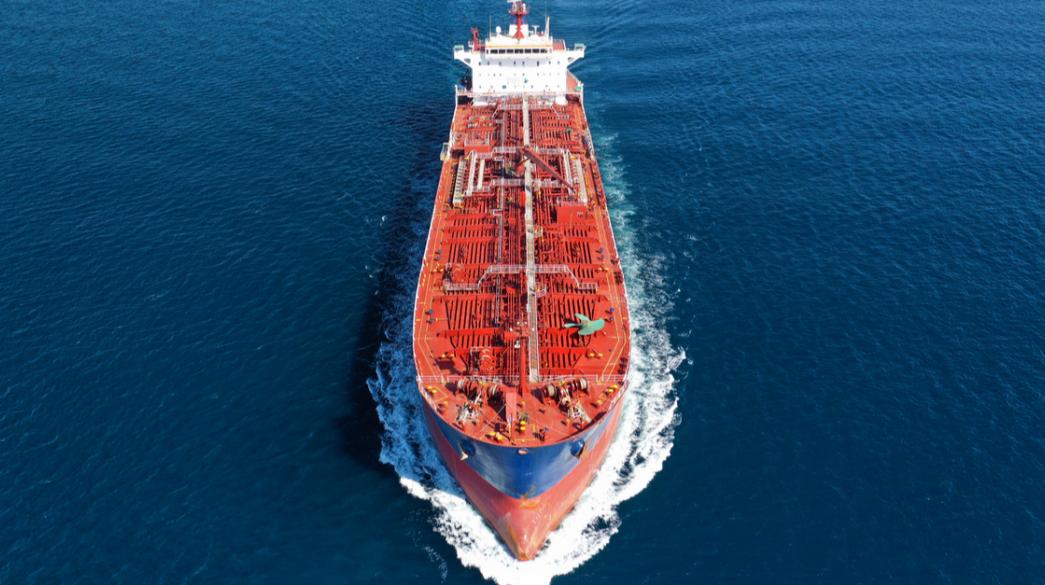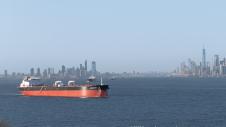Freight rates for tankers have soared by 700 percent in the last week, with Greek shipowners being among the big winners, as they control over 26 percent of the world's fleet. According to brokers, chartering a tanker from the Middle East to China costs $243,347 per day, an increase of 700 percent from just over a week ago.
By taking a look at moves that Greek shipowners have made lately, one gets the general feeling is that fares will remain high in coming weeks.
On Monday, Evangelos Marinakis' Capital Marine Ship Management, freed up six of its tankers, which had been chartered by Iraqi AISSOT, citing non-compliance with terms of the charter.
Capital Ship's first request to release the vessels dates back to December 2019, but AISSOT chose to terminate the charter agreements on February 22, when the tanker market was under severe pressure from declining demand in China. The case has now been referred to arbitration as Capital Ship seeks damages.
The Greek shipping company says that current conditions are very favorable, meaning that ships will not be tied up in long term deals, but will be utilized on the spot market to take advantage of rising freight rates, in a trend that looks to continue in coming weeks.
These positive developments are due to a failure by Russia and OPEC to reach an agreement on reducing world oil production to support prices. Saudi Arabia has opted to increase its production, rushing to charter dozens of tankers to ship its crude oil to world markets, effectively launching a price war against Russia and US shale oil companies.
Bahri, Saudi Arabia's state shipping giant, chartered 24 VLCC (Very Large Crude Carriers) tankers last week alone. There are virtually no VLCCs available for charter all of March, so many companies are now turning to smaller tanker categories, boosting fares in that market as well.
Meanwhile, oil companies are rushing to charter tankers to store surplus production, as well as volumes they do not yet want to sell on the market as prices have fallen to below $30 per barrel. This is a common tactic adopted by oil companies whenever market conditions call for it.









